#Free improvisation
Text
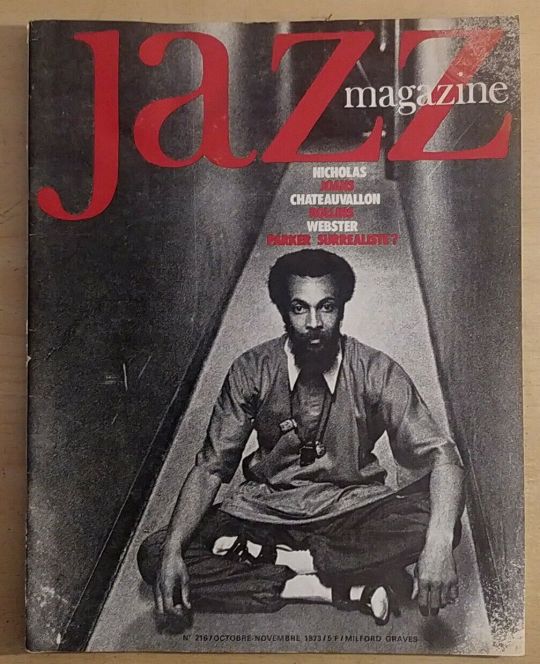
Milford Graves on the cover of Jazz Magazine, 1973.
151 notes
·
View notes
Text
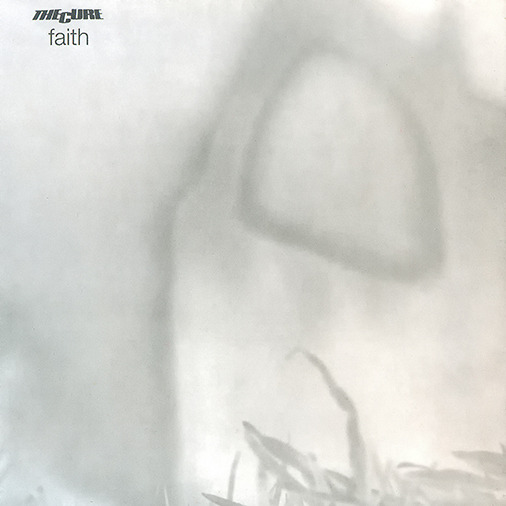
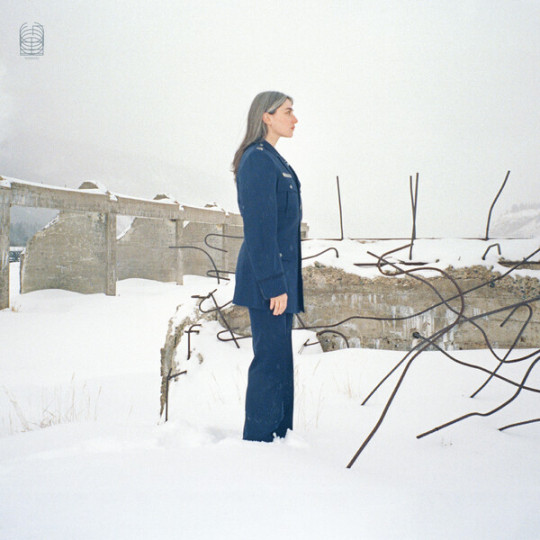
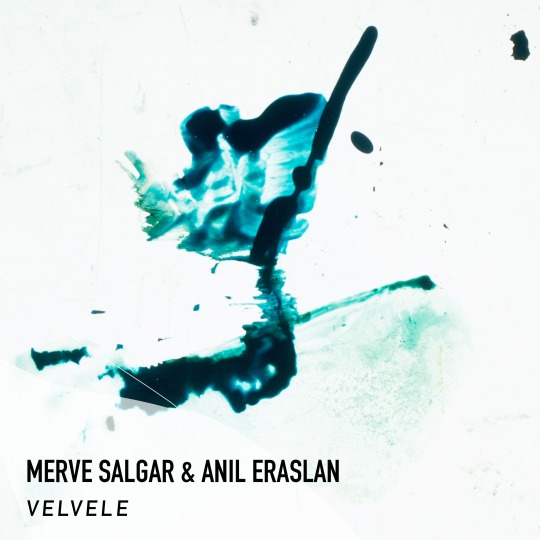
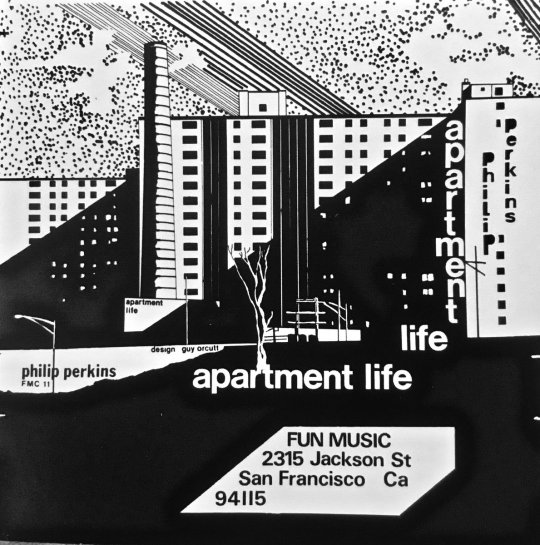
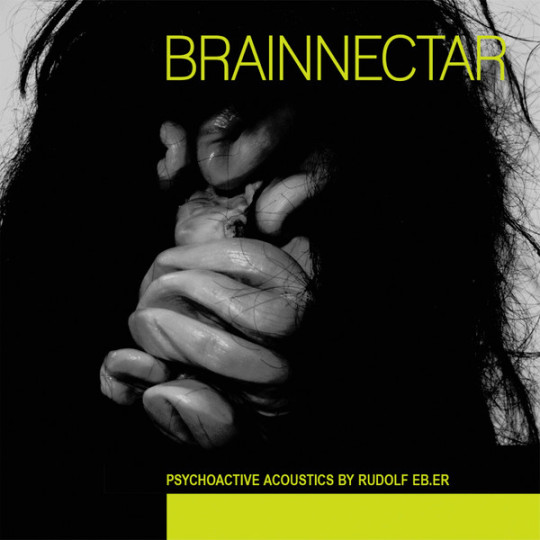
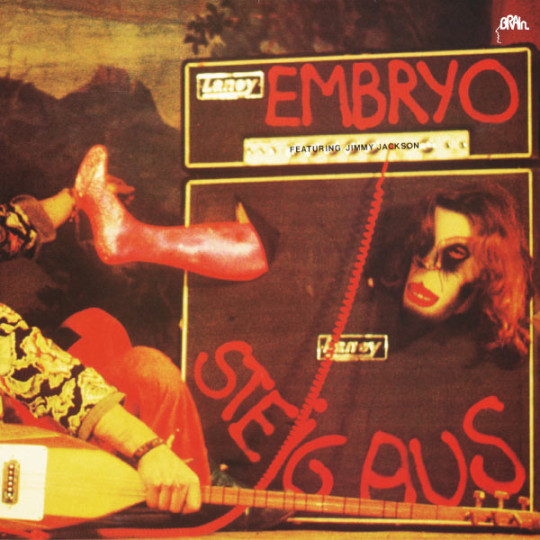
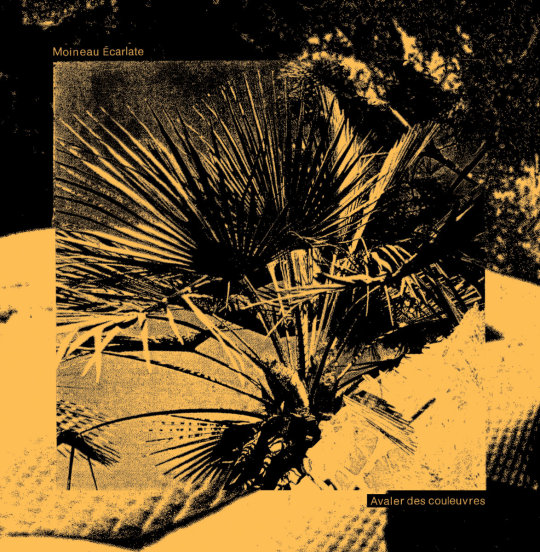
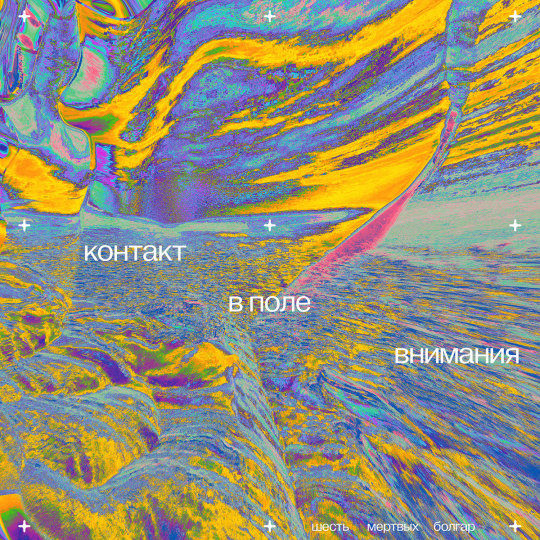

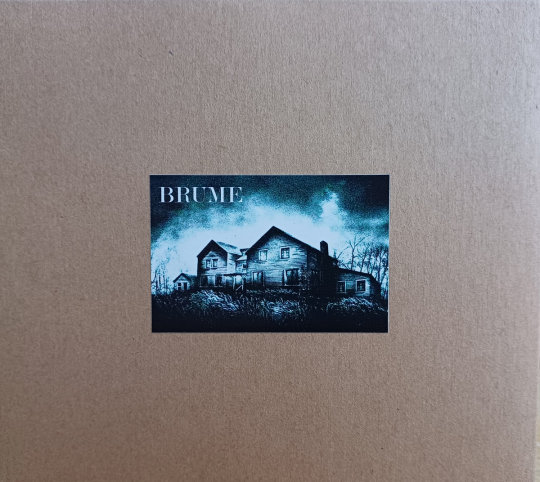
My albums selection for the next week:
The Cure - Faith
Kali Malone – All Life Long
Merve Salgar & Anil Eraslan - Velvele
Philip Perkins – Apartment Life
Rudolf Eb.er – Brainnectar
Embryo Featuring Jimmy Jackson – Steig Aus
Moineau Écarlate - Avaler des couleuvres
Six Dead Bulgarians - Contact in the attention zone
Nadja – Under The Jaguar Sun
Brume - l'ombilic des r_ê_ves
#musical selection#the cure#kali malone#merve salgar#anil eraslan#philip perkins#rudolf eb.er#embryo#moineau écarlate#six dead bulgarians#nadja#brume#jimmy jackson#experimental music#post punk#cold wave#neo classical#field recording#free improvisation#free jazz#krautrock#psychedelic music#industrial music#noise music#electronic music#ambiant music#ambient music#dark ambient
54 notes
·
View notes
Text

65 notes
·
View notes
Text
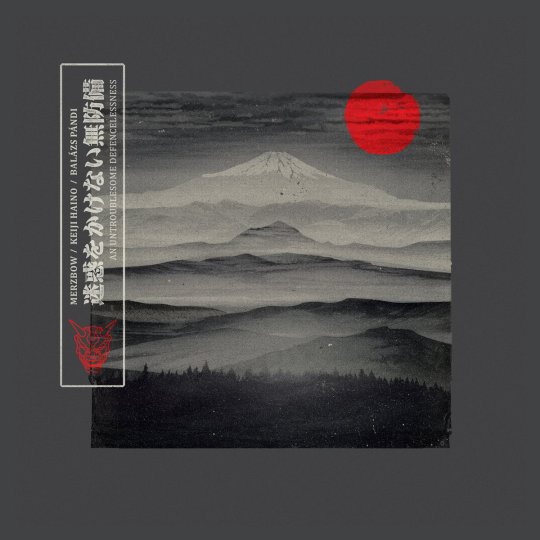
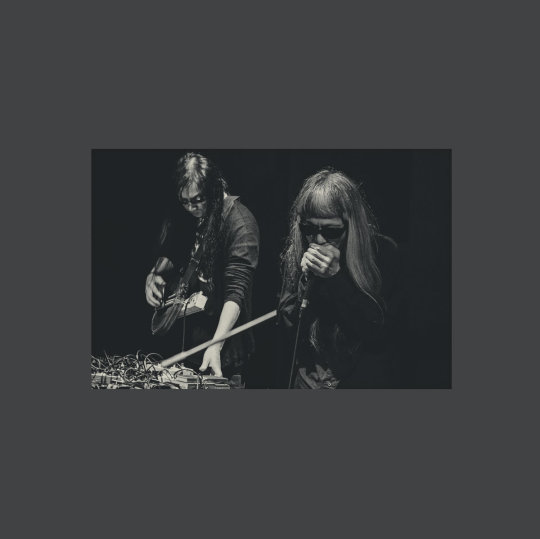
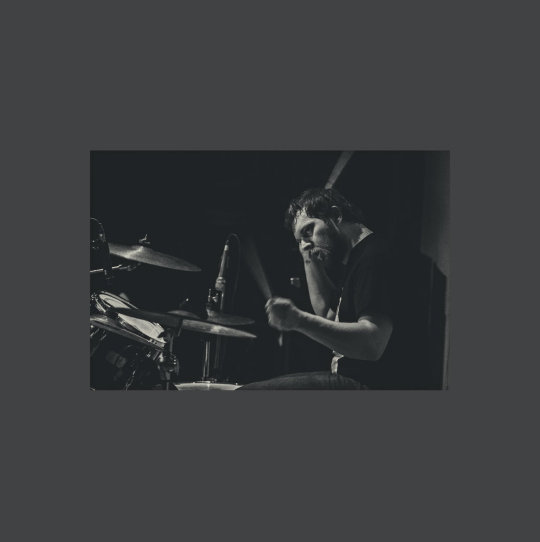
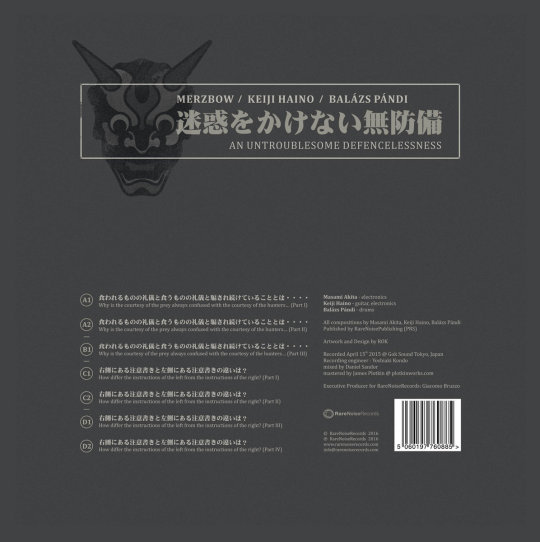
3 Masters join for a great sound experience.
Merzbow, Keiji Haino, Balazs Pandi - An Untroublesome Defencelessness (RareNoise, 2016)
#2010s#Japan#Hungary#Merzbow#Keiji Haino#Balazs Pandi#Electronic#Rock#experimental#Noise#Free Improvisation#Noise Rock#RareNoise#2018#week 30-2023#Bandcamp
78 notes
·
View notes
Text
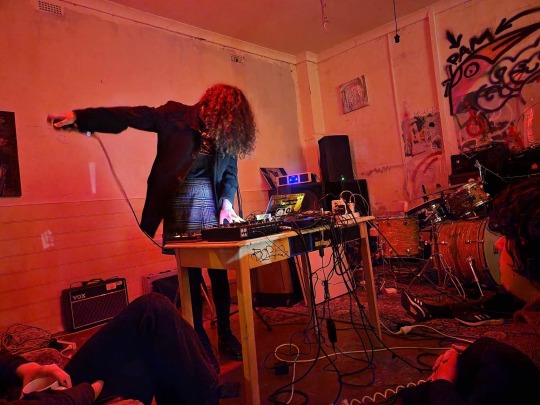
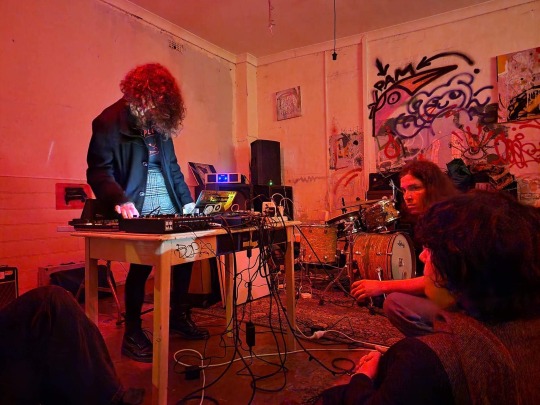
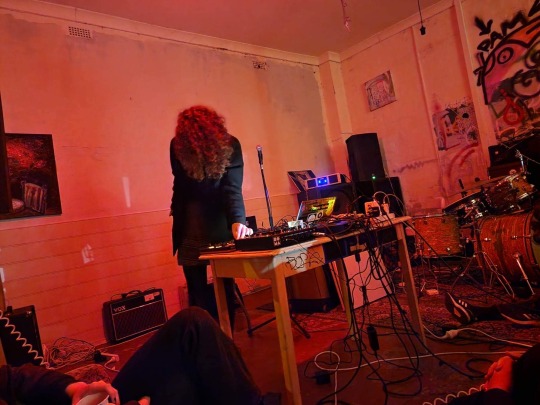
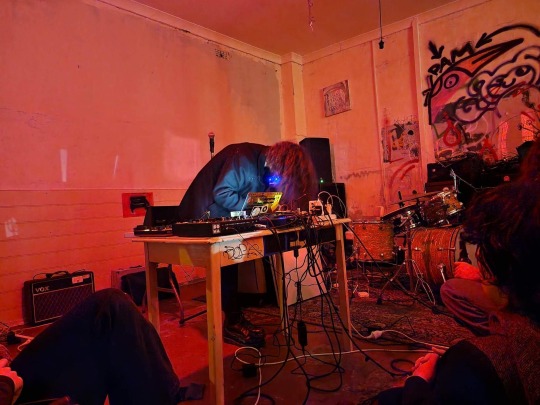
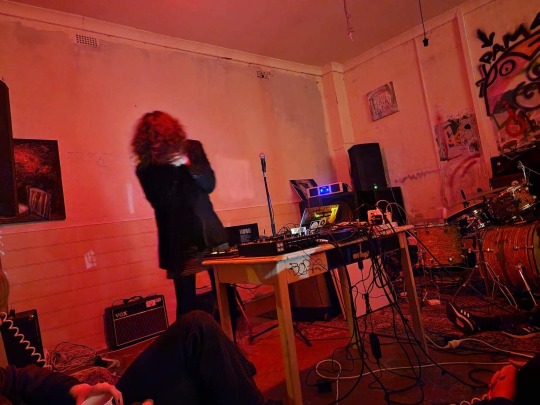
teeth dreams // 26th May. 2023
Static 0pen // Footscray, VIC
#noise music#women in noise#death industrial#power electronics#no-input mixing board#experimental music#free improvisation#live music#dark ambient
84 notes
·
View notes
Text

#Nurse With Wound#ナース・ウィズ・ウーンド#Раненая Медсестра#N.W.W.#NWW#steven stapleton#John Fothergill#Heman Pathak#Surrealist movement#surrealism#free improvisation#musique concrète#avant garde#electronic#experimental#experimental music#synthesizer#industrial#avantgarde#abstract music#abstract#electronic music#electronica#ambient#krautrock#Noise#electronic band#electronics#Electronic#vinyl cover
47 notes
·
View notes
Text
Derek Bailey / Paul Motian — Duo in Concert (frozen reeds)
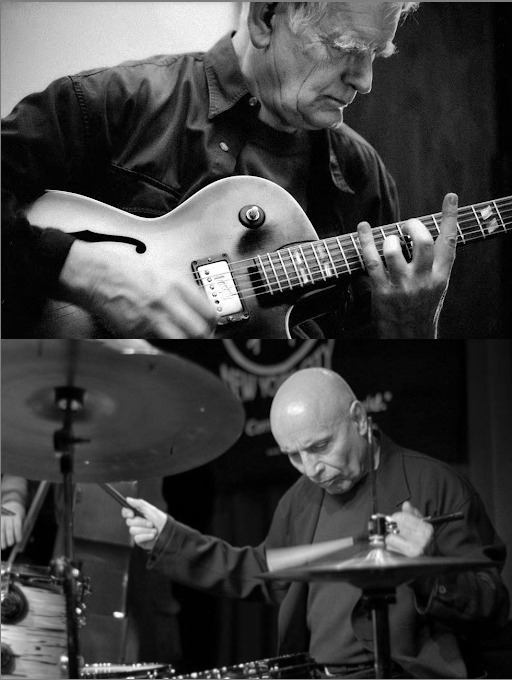
Specializing in archival recordings, the Helsinki frozen reeds label has come up with another doozy. This time unearthing in the Incus archives previously unreleased concert recordings of guitarist Derek Bailey and drummer Paul Motian for the release "Duo in Concert." Released at the tail-end of 2023, the LP version captures the duo live at the 1990 Jazz Marathon at De Oosterpoort festival in the city of Groningen, the Netherlands. As bonus digital tracks, the label offers recordings made at the New Music Cafe in New York City in 1991. A conversation between Bill Frisell and Henry Kaiser discussing these recordings and their collective experiences playing with Bailey and Motian is included as liner notes.
It's hard to approach a recording from two of my all-time favorite artists with any sense of objectivity, not to mention a heavy dose of expectation. And with a pairing that — at least on paper — doesn't immediately make outright sense, a certain degree of trepidation preempts the initial listening process as well. Accounts of both Bailey and Motian's contrariness and adversarial approach to performing are legion. Having seen both musicians live, I always had the feeling that everything could go off the rails at any moment. There was a certain sense of peril and uncertainty that pervaded their music — and not only because what they were doing was risky but more because they didn't seem to adhere to any rules of musical decorum.
When I first saw Bailey play solo in the mid-1980s, he broke off his set mid-concert to start sharing what seemed like random anecdotes with the audience, then picked right back up and started to play all over again. He stopped abruptly once more a bit later to tune his guitar (actually not much unlike what goes on in Indian classical music). It was almost as if he didn't see the point of himself being there. What he played — when he actually played — was undeniably brilliant. But his attitude came across as ambivalent and irascible, to say the least.
Similarly when I caught Motian in the early 1990s with his trio of Bill Frisell and Joe Lovano, he seemed to revel in the act of eloquent disruption, of not letting things ride but of seeking to derail and create situations where the music took sudden turns down unknown roads. Motian soloed like a kid discovering the drums for the first time, alternately bashing the toms or dropping bombs of bass drum cymbal crashes, then suddenly shifting to exquisite brush work on the snare, echoing his time with Bill Evans.
So, what was I to think of this improbable pairing? Obviously, from the start I was rooting for them. These guys were my heroes. But heroes also fall. I'm happy to say that over repeated listens "Duo in Concert" did not disappoint for one second of these recordings. It would be interesting to know if this concert in Groningen was their first meeting, or if they'd had the chance to play together in a more informal setting beforehand, because the 35-minute set sounds so fresh and invigorating. As if they had met for the first time, discovering their shared language and limitations in real-time before a festival audience. Adding to this the music also comes across as very intimate, as if Motian and Bailey had already played many years together and were picking up on a conversation they'd been having the last time they met. Consequently, both players sound not only completely engaged with the music, but actually excited by what they're coming up with. Practically as though they found themselves in a perpetual state of surprise and delight for the entire length of the concert. "Duo in Concert" is truly an inspiring listen.
There is much to expect that actually transpires: Bailey's spikey, chromatic fields played in jagged rhythmic runs across an incredibly wide dynamic range, spanning the spectrum from ringing harmonics on the verge of feedback to barely caressing the strings with his pick. And then there's Motian's incredible brush work paired with bombastic tom fills and tremorous bass drum drops. The real mystery is how this all manages to coalesce into — for lack of a more apt expression — an undeniable example of sheer poetry in sound. The mutual respect and inspiration between Motian and Bailey so evident in these recordings is in itself one of the most compelling aspects of this release.
A major unifier here would have to be Bailey and Motian's shared backgrounds in jazz. Bailey used to refer to himself in his earlier musical incarnation as previously sounding something like Jim Hall. But of course by the mid-1960s had realized he would, as Henry Kaiser states in the liner notes, have to depart for Planet Improv and leave the world of jazz behind. By this point in his long career Motian still had certainly more invested in the jazz tradition but seemed not to worry about what this meant. He'd long since moved on beyond what the rule keepers of the jazz world had imposed. Yet Motian also never went totally free like Bailey. And in fact, this would be the first record I'd heard where Motian plays from scratch, without any vague road map or composition to steer the musical proceedings.
But it is precisely this jazz background which lends an unmistakable narrative thread to the concert at Groningen. Bailey and Motian's collaboration is truly like a conversation in the most literal sense of the word. And like the greatest musical conversations in the context of jazz music, both players join together for this one brief point in time to tell a story together, listening and building their musical ideas from their dialogue. As hackneyed as this may sound, the end effect is a perfect example of instant composing, of creating a totally cohesive, rigorously structured piece of music from thin air.
And this encompasses signifiers of a more narrative approach along the way: towards the midpoint of the set, Bailey fades out to let Motian take the practically obligatory drum solo, a roiling, thunderous affair across the toms and cymbals. This is followed by Bailey jumping back in with what in a more conventional jazz piece, could be the main soloist picking up again with another long passage. Along the way Bailey engages in some of the most impressionistic and nearly melodic playing I've ever heard from him, even approaching what one could construe as comping rapid chord variations to Motian's hard-driving pulse. The set ends with Motian playing a very grooving swing pattern on the high hat that not only absolutely works with Bailey's field of dissonant harmonic notes but is in itself a stroke of genius, melding the two worlds of jazz and obdurate free improvisation with a gesture of contrast and a nod to the history both of these musicians had left far behind but by no means forgotten.
For fans of Derek Bailey and Paul Motian "Duo in Concert" is an absolute must listen. For those unfamiliar with either of these artists' work, this release would be a great place to start, not only because it captures them both at the height of their powers but is also a convincing and highly moving documentation of free improvised music that shouldn't be missed.
Jason Kahn
#derek bailey#paul motian#duo in concert#frozen reeds#jason kahn#albumreview#dusted magazine#jazz#Jazz Marathon at De Oosterpoort#live#free improvisation
10 notes
·
View notes
Text
youtube
#modularsynth#synthesizer#eurorack#synth#noiserock#noise jazz#jazz noise#electronic jazz#electronicmusic#electronic#electronic music#free improvisation#improvisedmusic#improvised music#free jazz#freejazzmusic#experimental jazz#experimental music#experimental#saxnoise#electric violin#acid music#wall of sound#noise music#Youtube
12 notes
·
View notes
Photo
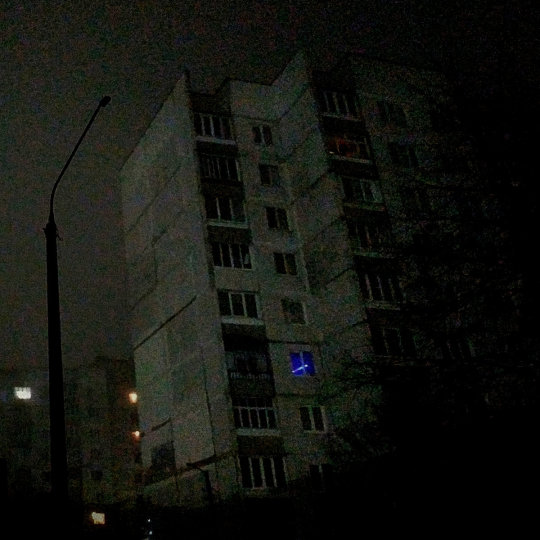
31М42021
Broken Tape Records
2023
31 notes
·
View notes
Photo

Peter Brötzmann in Warsaw, Club “Pardon To Tu” (photographed by Michał Małota, 8/02/ 2023)
62 notes
·
View notes
Text
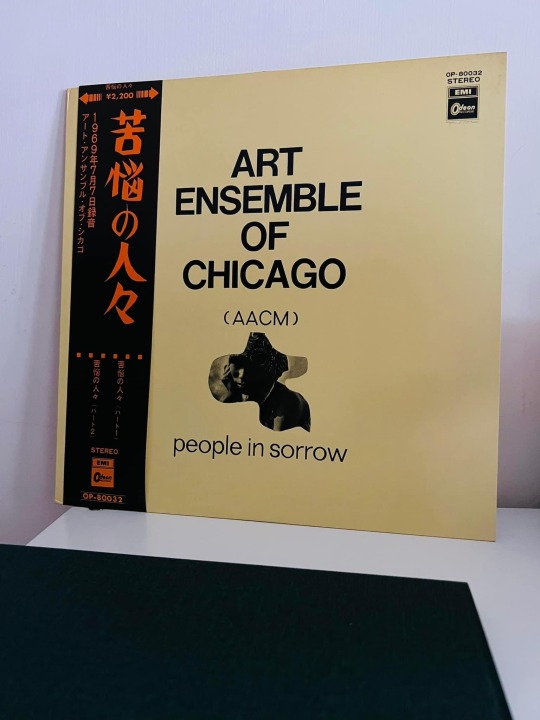
Afro avant-garde for Tuesday 🎺🎷
In the mid 1960s , the Art Ensemble of Chicago was one of the premier free jazz ensembles to emerge from the crucible of Chicago’s improvised music scene .
#vinyl#records#lp#vinylcollection#experimental#album#abstract#vinylcommunity#music#jazz#jazz music#free improvisation#avant garde#free jazz#improvisation#art ensemble of chicago
5 notes
·
View notes
Text


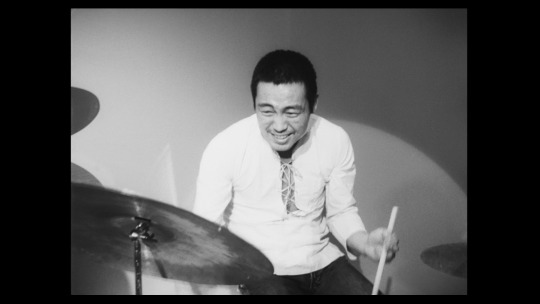
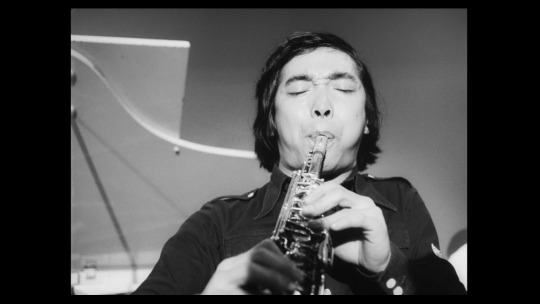
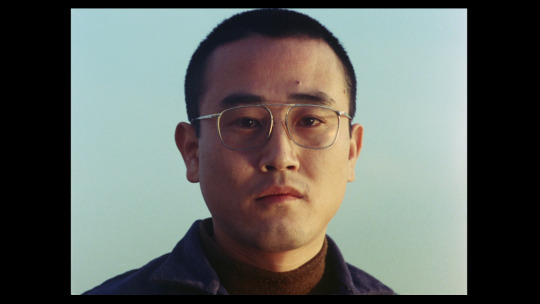
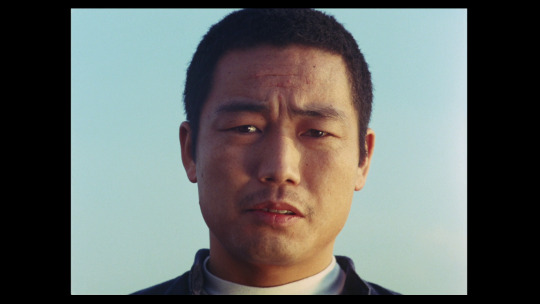

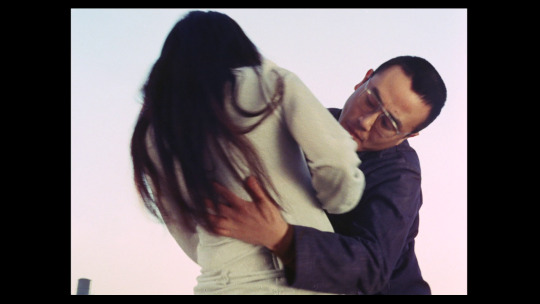
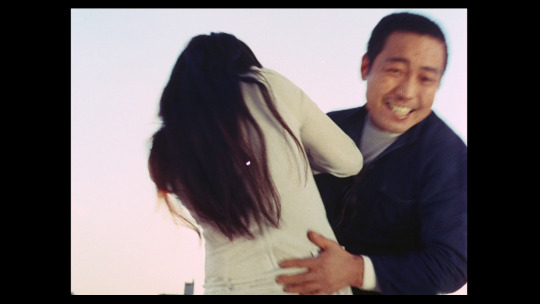
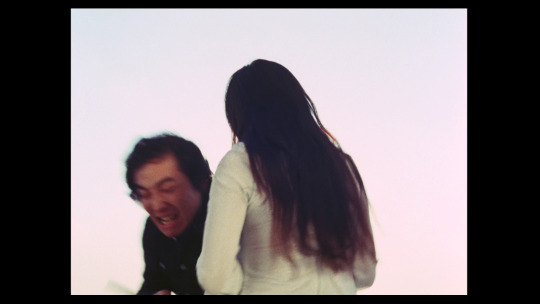

Yosuke Yamashita, Takeo Moriyama and Seiichi Nakamura in Ecstasy of the Angels (1972) directed by Kōji Wakamatsu.
#Kōji Wakamatsu#Koji Wakamatsu#Ecstasy of the Angels#天使の恍惚#若松孝二#山下洋輔#Yosuke Yamashita#Yosuke Yamashita Trio#Takeo Moriyama#森山威男#中村誠一#Seiichi Nakamura#Japanese Film#1972#Free Jazz#Free Improvisation#Jazz
86 notes
·
View notes
Text
youtube
derek bailey -- aida [album, 1980]
5 notes
·
View notes
Text
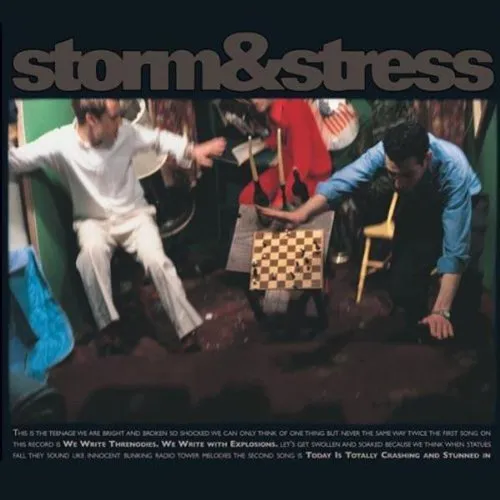
36 notes
·
View notes
Text
youtube
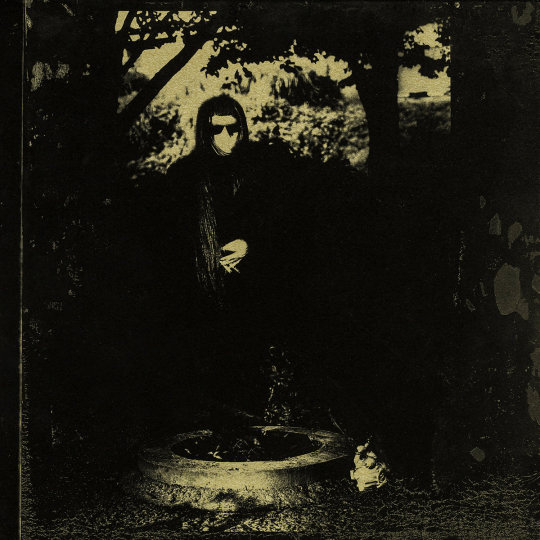

Brillant!!! A classic!!!
Keiji Haino - Watashi Dake? (Pinakotheca, 1981)
#1980s#Japan#Keiji Haino#rock#free improvisation#avant-garde#minimalistic#avant-folk#freak out#madness#existential#male vocals#anxious#noisy#guitar#noise#raw#cryptic#mysterious#alienation#dark#manic#abstract#Singer-Songwriter#legends#Pinakotheca#1981#Youtube
29 notes
·
View notes
Text
youtube
!!!!!!!!!!!!!!!!!!!!!!!!!!!!
#2024#France#Denmark#Free Improvisation#Noise#No Wave#KRAAK#Otomatik Muziek#no lagos musique#Nina Garcia#Maria Bertel
4 notes
·
View notes